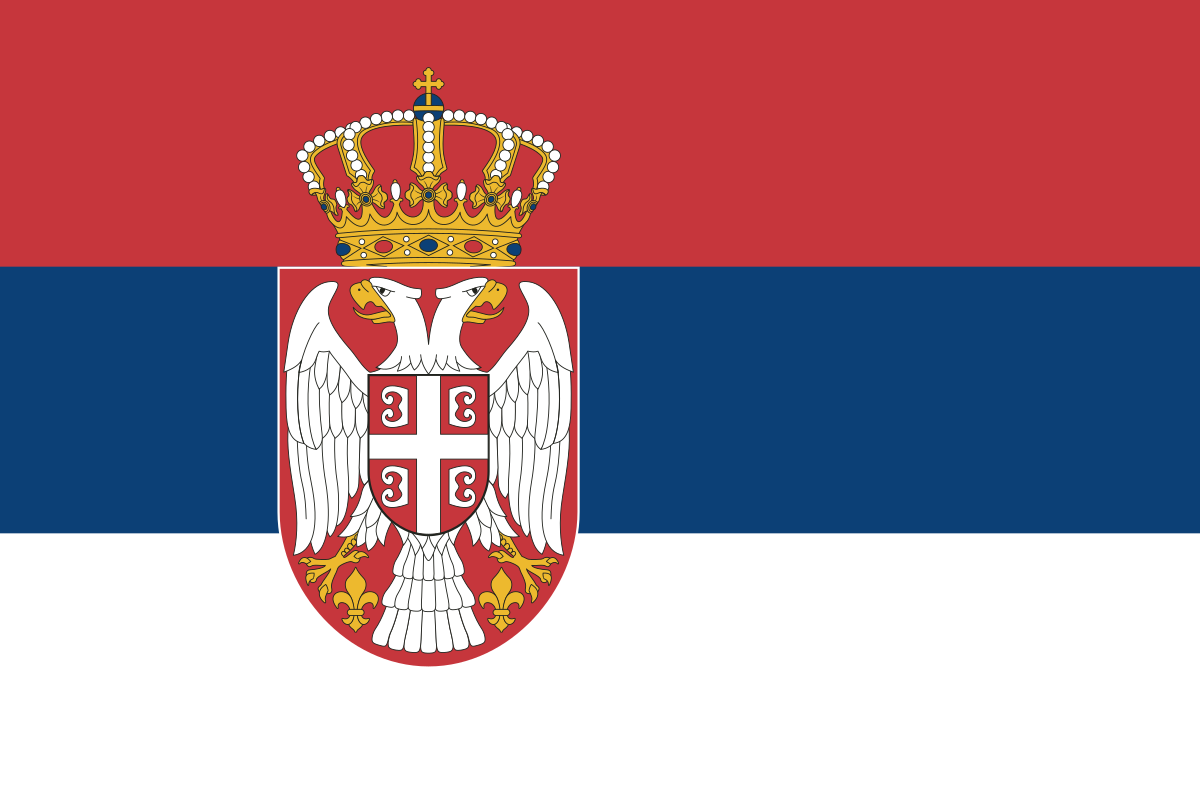What Does Joining Schengen Mean?
From March 31, 2024, Bulgaria started issuing unified Schengen visas. These visas are valid for travel across all 27 countries in the Schengen Area. This means that individuals holding a Schengen visa issued by Bulgaria can travel freely to other Schengen countries for short stays of up to 90 days within any 180-day period.
What Changes for Third-Country Citizens?
With Bulgaria’s integration into Schengen, the country now applies the EU’s Common Visa Policy. Citizens of third countries who previously needed a Bulgarian national visa can now use a Schengen visa to visit Bulgaria. Moreover, holders of valid residence permits issued by Bulgaria can travel visa-free to other Schengen countries.
What Does This Mean for Bulgarian Citizens?
Bulgarian citizens retain the right to visa-free travel to many countries worldwide. Additionally, with the freedom provided by the Schengen Area, they can travel more easily within the European Union without border checks.
However, some countries outside the EU still require visas, so it’s essential to check the latest information on the Ministry of Foreign Affairs website (mfa.bg).
What Should Travelers Know?
- Short Stays: Visas issued by Bulgaria now allow travel across the entire Schengen Area.
- Long-Term Stay: Residence permits issued by Bulgaria also grant access to Schengen for short visits.
- Preparation: Travelers should verify current visa requirements and ensure their documents are valid for the duration of their trip.
Conclusion
Bulgaria’s accession to the Schengen Area is a significant step forward in facilitating travel and migration. This development provides greater freedom of movement for both Bulgarian citizens and visitors from third countries.
For more information on visa requirements and travel to and from Bulgaria, follow updates on balkanmigration.com




